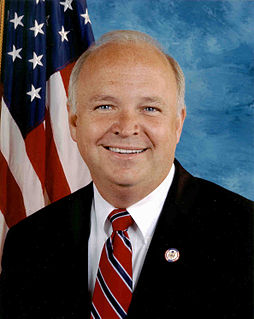A Quote by Gerald Fischbach
I think my own bias is that there may be something wrong with the timing and the connectivity between regions rather than pointing to one particular spot in the brain.
Related Quotes
The brain "fills in" the missing information from the blind spot. Notice what you see in the location of the dot when it's in your blind spot. When the dot disappears, you do not perceive a hole of whiteness or blackness in its place; instead your brain invents a patch of the background pattern. Your brain, with no information from that particular spot in visual space, fills in with the patterns around it. You're not perceiving what's out there. You're perceiving whatever your brain tells you.
The belief when your mother gives you away is that there's something deeply wrong. Mothers don't give babies away. There's something wrong with me, something unlovable, something seriously flawed in me. It's a fundamental thing; it's precognitive. You feel it rather than think it. How could you not?
We all have cultural bias, racial bias. One of the difficult things around this subject matter is to deny that we have places we go to subconsciously, and unless you consciously decide that that's wrong and you've got to do something about it, especially if you're in a position of power, it won't change.
There is a great difference, whether the poet seeks the particular for the sake of the general or sees the general in the particular. From the former procedure there ensues allegory, in which the particular serves only as illustration, as example of the general. The latter procedure, however, is genuinely the nature of poetry; it expresses something particular, without thinking of the general or pointing to it.
I don't think people realize, when they're just getting started on an eating disorder or even when they're in the grip of one, that it is not something that you just "get over." For the vast majority of eating-disordered people, it is something that will haunt you for the rest of your life. You may change your behavior, change your beliefs about yourself and your body, give up that particular way of coping in the world. You may learn, as I have, that you would rather be a human than a human's thin shell. You may get well. But you never forget.
My dad in particular I tend to use - I call him 'The Brain.' If he's accessible, I'd rather put it through his brain. My wife, Melissa, maintains that the closer he is in proximity to me, the less I think for myself. And I think she's actually correct. So anything worth mulling over, I will mull over with my father, and that includes ratings.

































